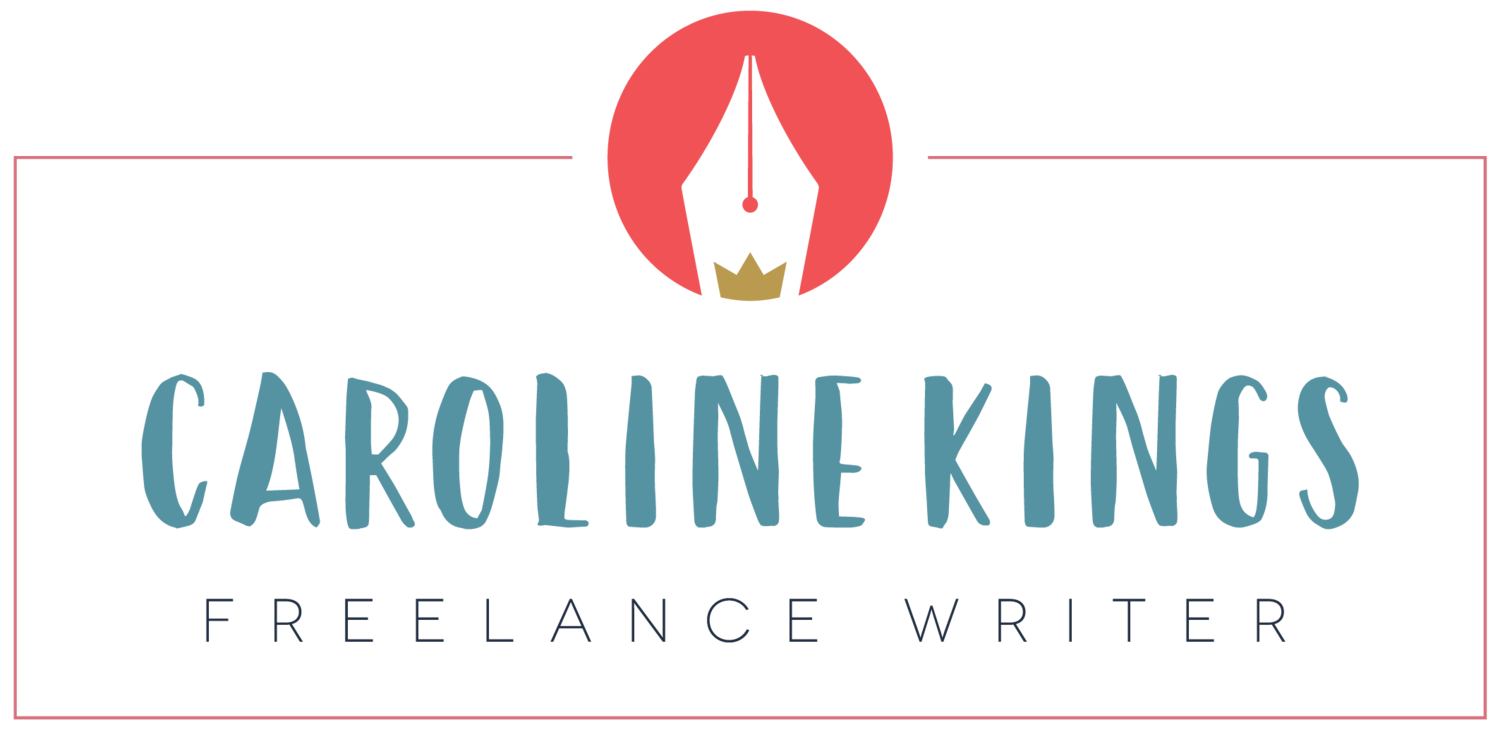Essay & exam answer tips
It’s coming to the end of the academic year in the UK and US and that means exams, tests, finals - whatever you call them - are upon us. Recently, a friend asked me to help her son edit a piece he’d written for the school newsletter. It was about something that he’d achieved and so was written with pride; it was informative and told a story. Overall, it was an engaging piece of writing.
There were a few changes that I suggested and I thought they might be worth passing on. I’ve checked with Daniel, author of said piece and proud sea cadet, and he doesn’t mind them being shared. Thank you, Daniel! I also consulted the Writers’ Group that I run for their tips so there’s lots of good advice here. There aren’t many points though, don’t worry! This close to exams, I didn’t want to overwhelm students so I thought some short, sharp points might stick and help someone when they’re planning and writing either a long-form answer, timed essay or last-minute piece of coursework.
It goes without saying that students should aim for neat writing, accurate spelling, grammar and punctuation. If you’re not sure about a spelling, try to think of a synonym that you can spell! And if you’re unsure about punctuation (that means you, semi-colon), don’t try to use it now.
And if you can, plan your writing before you put pen to paper and as Writers’ Group member Emma Field advises, leave time at the end to edit (see point 3!).
Exam tip 1 - Vary your language, engage the reader
In my opinion, there are always better words to use than these ones. Try to use more interesting adjectives and verbs than:
Get, got, getting - unless it’s a known phrase like ‘getting up’, ‘getting on’ etc. But, ‘I got my shopping’, ‘He was getting bored,’ can be made more exciting.
Nice
Done
Exam tip 2 - Include the important points
Sometimes when I write a particular style of blog, the first draft has events documented in a chronological way. It’s a little like a story that an infant might write. My first draft needs that detail for me to able to see it and digest it and then work out what’s really needed to create an impactful piece. Daniel wrote like this as he was documenting his day and everything that happened, so we discussed thinking about the salient points and cutting the rest.
When you’re planning your answer in an exam or essay, don’t shy away from writing points in chronological order if that applies but then stop and consider what you can exclude and what you could summarise. This might be critical if there’s a word count too.
A good tip from Writers’ Group member Becky Todd is ‘P Q C’ - point, quote, comment and there’s also ‘P E E’ - point, evidence, explain. Make your point, back it up with a quote or evidence and then comment, give your opinion. This is a really simple way of approaching your answers or even how to approach an essay.
Exam tip 3 - Cut it back
This tip came from Felicity Cousins in the Writers’ Group and it’s a good one. When you’ve finished, go back and cut what you’ve written by a third or even, maybe a half.
Image; Marcus Winkler via Unsplash
Exam tip 4 - Avoid repetitive words or phrases
This is similar to point 1. In the piece, Daniel wrote, “… it was good to know I knew some people …”. This makes sense and there’s nothing ‘wrong’ with it but the repetition of ‘know’ and ‘knew’ is a little jarring. Daniel could have written “… it was good to see I knew some people …” or “… it was reassuring that I knew some people …”. There are many other possibilities, but the main point is to avoid repetitive words or sounds (unless you’re writing alliteratively or trying to create a ‘feeling’ with the use of certain words).
Exam tip 5 - Capital letters
This is a personal bug bear! Capital letters should be used for
Proper nouns (names of people, places, books, works of art etc.)
Pronouns like ‘I’ and ‘I’m’
Start of sentences
Some abbreviations and acronyms
***New*** Exam tip 6 - Cohesion
This is a new addition after watching ‘Sex and the City’, and one of my personal favourites! I meant to add it first time round and forgot - sorry. Cohesion, in this case, is when there is a central theme, a thread if you like, that weaves throughout your essay (it’s probably a bit tricky to achieve in an exam answer). For example, if you start with a metaphor, observation or even a question in your opening paragraph, your final paragraph could refer back to that directly or even, more subtly. It really ties the whole piece together and for the reader, gives them a sense of satisfaction and completeness. The ‘Sex and the City’ script is really good at this, especially weaving a theme throughout.
To summarise these five points, I’d say:
Use interesting, varied language and be concise.
Good luck to all sitting exams and to the adults that are there providing support!

